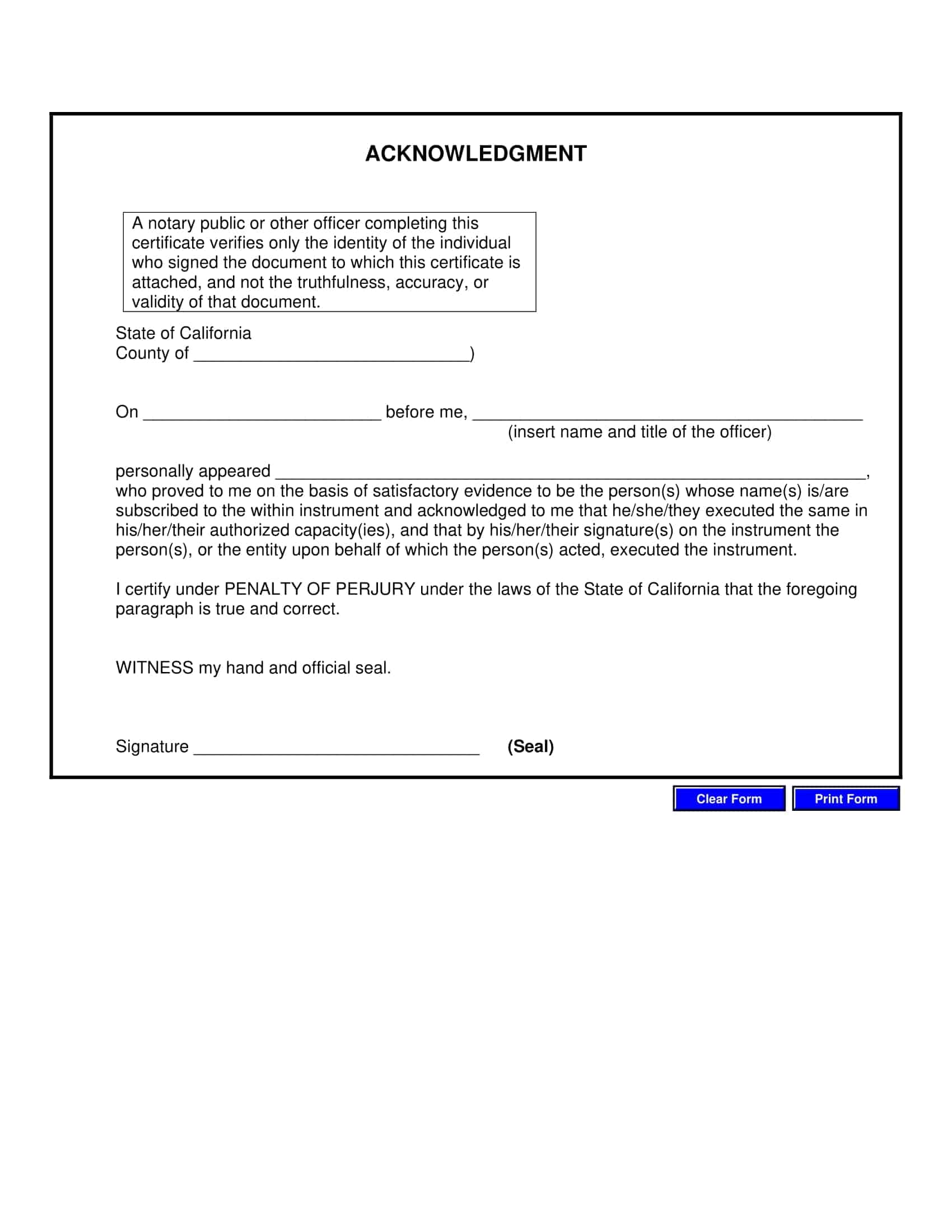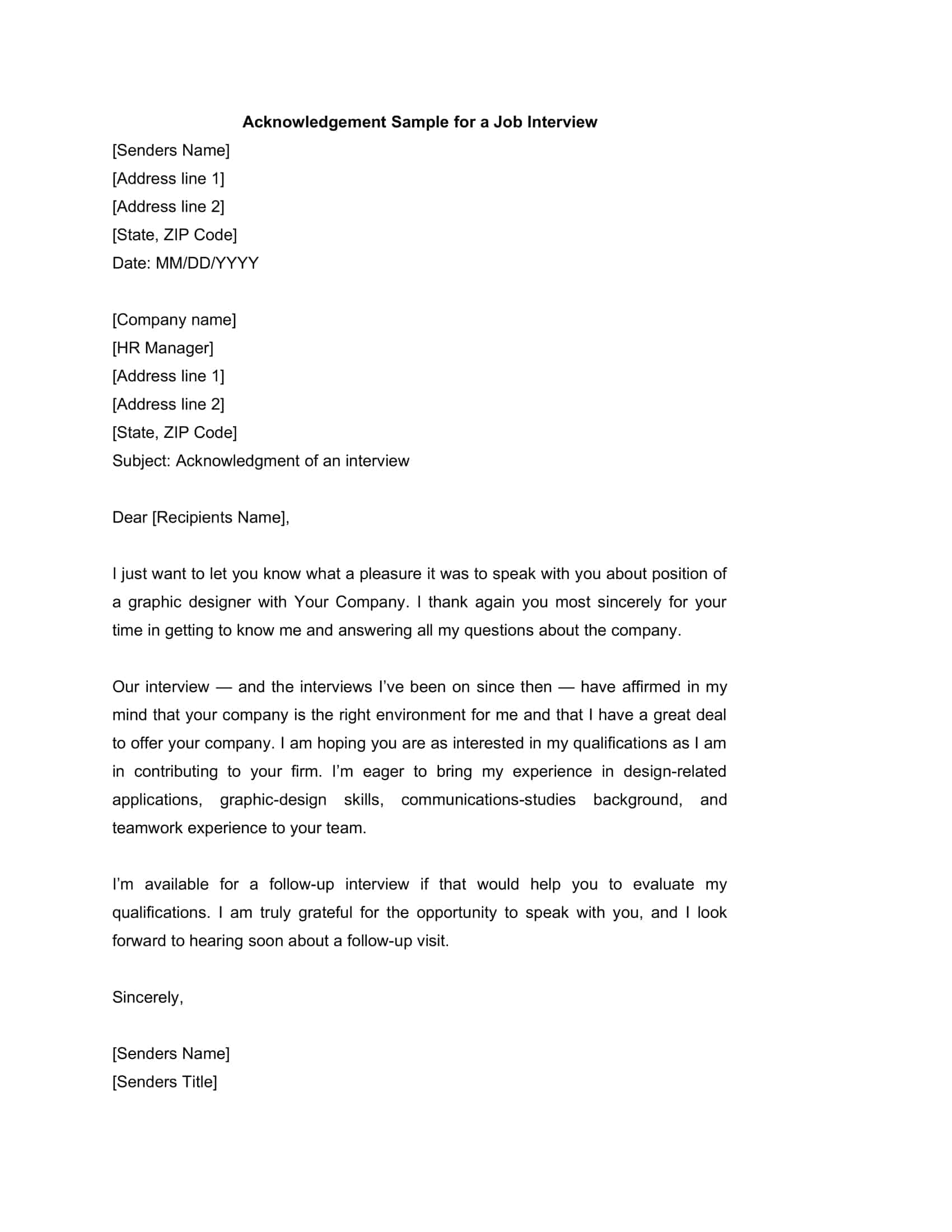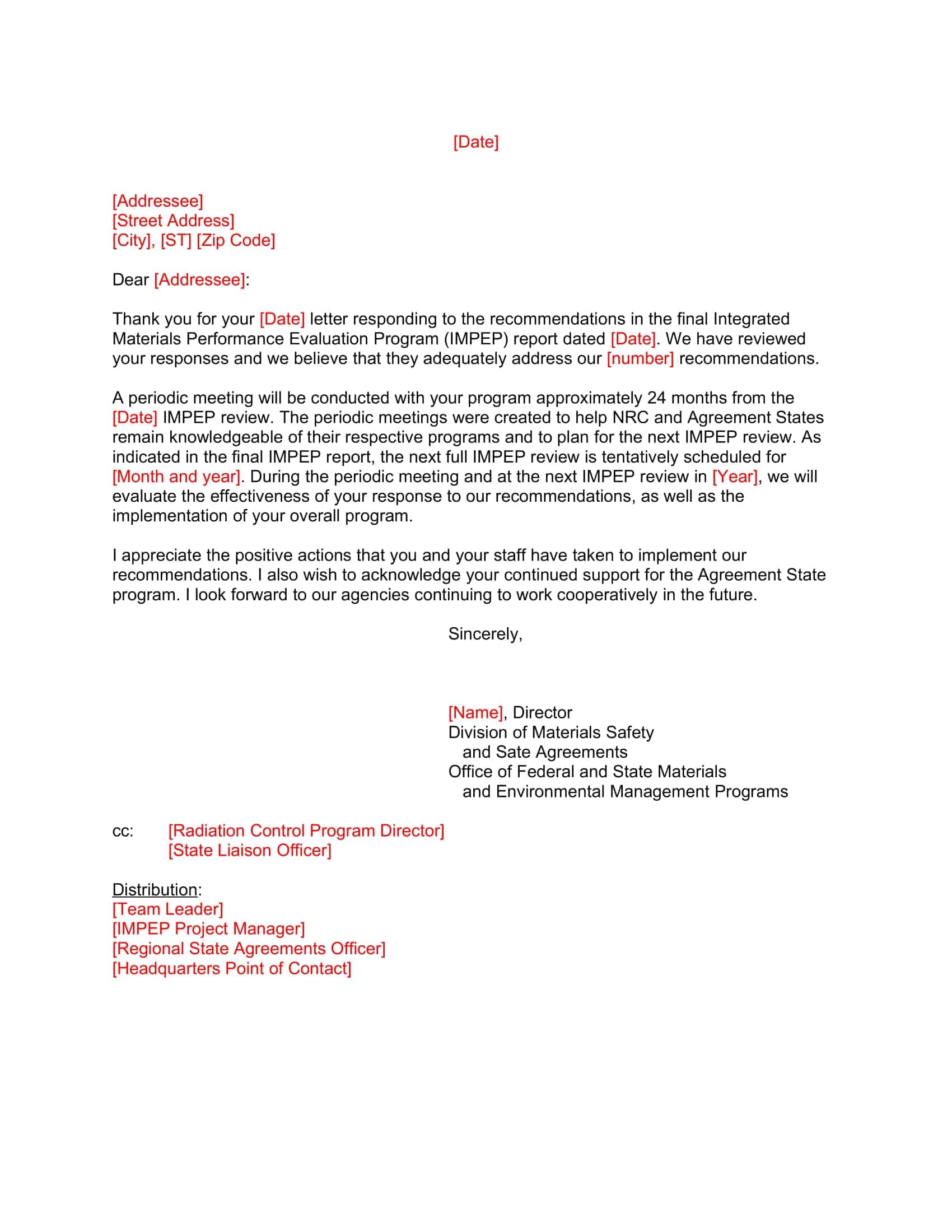Many professionals rely on a network of support to accomplish their work effectively. Even the most accomplished individuals in their fields understand the value of collaboration and assistance. Take, for example, the task of writing a comprehensive body of work. Extensive research is often required, and in such cases, professionals depend on their dedicated assistants or subordinates to gather pertinent information on the subject matter.
Moreover, it is essential to acknowledge the contributions of various individuals who have played a role in shaping the writer’s work. To demonstrate appreciation, one can create an acknowledgment sample. Continue reading to delve deeper into this practice and its significance.
Table of Contents
Acknowledgement Templates
Acknowledgment templates are pre-designed structures or formats used to express gratitude, appreciation, or recognition to individuals or organizations for their contributions, support, or assistance. These templates serve as a helpful guide for crafting thoughtful and consistent acknowledgments in various professional and personal settings.
Acknowledgments play a significant role in conveying appreciation and building positive relationships. They are commonly used in academic papers, research projects, business reports, grant proposals, books, and other forms of written communication. By utilizing acknowledgement templates, individuals can ensure that their expressions of gratitude are well-structured, sincere, and effectively convey their appreciation.
These templates typically consist of several key elements. First, they include a salutation or greeting, which can be formal or informal depending on the context and relationship with the recipient. This sets the tone and establishes a respectful and grateful atmosphere.
Acknowledgement Meaning

Acknowledgment, often spelled as “acknowledgement,” refers to the act of recognizing and expressing gratitude or appreciation for someone’s contribution, support, assistance, or involvement in a particular endeavor. It is a way of formally and publicly acknowledging the efforts, expertise, or resources provided by individuals, organizations, or any other entity that has played a significant role in the success or completion of a project, task, or achievement.
Acknowledgment serves as a means of giving credit, showing respect, and fostering positive relationships by publicly acknowledging the value and impact of others’ contributions. It can take various forms, such as written statements, verbal expressions, certificates, citations, or acknowledgments sections in publications, reports, or presentations.
Who should be in the acknowledgment sample?
The acknowledgment section provides an opportunity to express appreciation to individuals or organizations who have contributed in various ways to your project, research, book, or any other work. The following are some common individuals and groups that are typically included in an acknowledgment:
Advisors, supervisors, or mentors: These individuals have provided guidance, feedback, and support throughout the project. They may be professors, teachers, or professionals who have helped shape your work.
Collaborators or colleagues: If you have worked with other researchers, writers, or contributors, acknowledging their contributions is important. Mention their specific roles or the tasks they undertook.
Funding agencies or sponsors: If your project received financial support from any organizations, foundations, or government agencies, acknowledging them is essential. It shows gratitude for their investment in your work.
Participants or interviewees: If your work involved conducting surveys, interviews, or experiments with participants, it is customary to acknowledge their contribution. Ensure you respect their privacy and maintain confidentiality as necessary.
Peers or reviewers: If your work has undergone a peer review process, you can acknowledge the reviewers for their valuable feedback and suggestions.
Family and friends: Recognizing the emotional and moral support provided by your loved ones is a nice gesture. They may have offered encouragement, proofreading, or understanding during the process.
Crafting an Effective Appreciation Speech: A Guided Approach
An appreciation speech can be composed as a written document or delivered as a spoken address. There are distinct guidelines to adhere to when crafting a speech of this nature. Acknowledging those who have extended their assistance and support to you in various ways is an essential element of this process. Here are a few suggestions to consider as you embark on the creation of your own appreciation speech.
Keep the speech duration under 2 minutes
To achieve this, it is crucial that you prepare in advance a comprehensive list of all the individuals who have played a part in your achievements. Bear in mind that your audience may not have the patience for extended speeches, nor the interest in a litany of names they are not familiar with. Focus on the key contributors and strive to keep your speech concise.
Highlight the individuals present at the event
Not everyone who has been instrumental in your journey will be present at the event. If time constraints are a factor during your address, prioritize mentioning the names of those in attendance. This approach not only lends emotional weight to your speech but also makes the acknowledgment more impactful.
Incorporate brief stories into your speech
Including a brief story to emphasize a point can enhance your speech. Select the story wisely, preferably one that involves multiple people present at the event. This not only makes the narrative more significant but also provides an effective way to maximize your stage time.
Opt for sincerity instead of humor
The temptation to engage the audience with edgy humor or gentle ribbing might be strong. While this approach might be effective for a stand-up comedian, it’s generally not suitable for an appreciation speech. Instead, make the most of your limited stage time by conveying your heartfelt gratitude. You might be surprised to find that your genuine appreciation resonates more deeply with your audience than any clever quips.
Constructing Diverse Acknowledgment Samples: An Inclusive Approach
There exist various forms of acknowledgment samples that can be tailored for particular occasions. These can range from acknowledgments in literary works or musical compositions to expressions of gratitude for critical financial support. The common thread in all these instances is the recognition of assistance and support that contributed to the realization of a project or achievement. Here are some guidelines to follow when creating these diverse acknowledgments:
Embrace creativity in crafting the acknowledgment
In the literary world, there’s usually a person or an organization pivotal in bringing a work to public attention. If your work has been published, it’s essential to acknowledge those who played a key role in this process. Typically, you should order such acknowledgments based on the sequence of their appearance in individual publications.
Much like academic publications, it’s crucial to recognize those who provided financial support for your work’s publication. Be sure to list any fellowships or grants that assisted you during the creation of your work in your acknowledgments.
Informal acknowledgments can include friends
Informal acknowledgments, such as those found in the music industry, allow for a more relaxed approach. Formalities are less stringent, and the tone can be more personal. However, it’s still essential to give credit where it’s due and recognize significant contributions.
Proofread before finalization
Once you’ve thanked everyone, it would be quite awkward to have spelling errors or mispronunciations in your acknowledgments. Despite being a seemingly minor part of your work, an acknowledgment carries significant weight. Therefore, dedicate as much care and attention to revisions and proofreading as you would for the primary project.
FAQs
Why is it important to include an acknowledgment?
Including an acknowledgment is essential because it demonstrates gratitude and appreciation, helps build and maintain relationships, and gives credit to those who have made significant contributions to a project. It also adds credibility to your work by acknowledging the collaborative nature of the project.
How long should an acknowledgment be?
The length of an acknowledgment depends on the context and the number of contributors. In general, it should be concise and focused. For written works, a few paragraphs are usually sufficient, while acknowledgment speeches should ideally be kept under 2 minutes.
Can I use humor in my acknowledgment?
Although humor can be a useful tool in some contexts, it’s generally best to prioritize sincerity and genuine gratitude in an acknowledgment. If you do choose to include humor, make sure it’s appropriate, respectful, and doesn’t detract from the overall message of appreciation.
In what order should I list the contributors in my acknowledgment?
The order in which you list contributors in your acknowledgment can vary depending on the context and the type of contribution. Common approaches include listing contributors in order of the importance of their contribution, chronologically, or alphabetically. In some cases, it may be appropriate to group contributors based on their role or relationship to the project.
What’s the difference between an acknowledgment and a dedication?
A dedication is a personal note at the beginning of a work, expressing love or affection for a person or group, often without a direct contribution to the work. An acknowledgment, on the other hand, specifically recognizes those who have contributed to the creation and completion of the work.
Should I include financial contributors in my acknowledgment?
Yes, it’s generally good practice to acknowledge those who have provided financial support for your work. This might include grants, fellowships, or personal donations. Be sure to ask for permission before mentioning individual donors, especially if the donation was given privately.
I’ve received assistance from a lot of people. How do I decide whom to include in my acknowledgment?
When crafting an acknowledgment, prioritize those who made significant contributions to your work. While it’s important to recognize as many contributors as possible, if the list becomes too long, you can consider general acknowledgments for groups of people. For instance, you might thank “all colleagues at XYZ Corporation for their ongoing support.”
Is it appropriate to thank family and friends in an acknowledgment?
Absolutely. While acknowledgments are often professional in nature, thanking those in your personal life who provided emotional support, motivation, or even practical help is entirely appropriate. It’s a way of acknowledging that personal and professional lives often intersect and that success is rarely achieved without the support of loved ones.
How formal should an acknowledgment be?
The formality of an acknowledgment depends largely on the context. For academic or professional works, a more formal tone is often appropriate. However, for creative works or informal projects, a more casual tone may be suitable. Regardless of the tone, the main goal is to express genuine gratitude and appreciation.
What if I forget to acknowledge someone important?
If you realize after the fact that you’ve forgotten to acknowledge someone significant, it’s a good practice to reach out to them directly to express your gratitude. You can apologize for the oversight and make sure they know their contribution is valued. In the case of a published work, you might be able to include them in future editions or subsequent works.













































![Free Printable Friendly Letter Templates [PDF, Word, Excel] 1st, 2nd, 4th Grade 1 Friendly Letter](https://www.typecalendar.com/wp-content/uploads/2023/05/Friendly-Letter-150x150.jpg 150w, https://www.typecalendar.com/wp-content/uploads/2023/05/Friendly-Letter-1200x1200.jpg 1200w)
![43+ Printable Leave of Absence Letter (LOA) Templates [PDF, Word] / Free 2 Leave of Absence Letter](https://www.typecalendar.com/wp-content/uploads/2023/01/Leave-of-Absence-Letter-150x150.jpg 150w, https://www.typecalendar.com/wp-content/uploads/2023/01/Leave-of-Absence-Letter-1200x1200.jpg 1200w)
![Free Printable Project Plan Templates [Excel, PDF, Word] 3 Project Plan](https://www.typecalendar.com/wp-content/uploads/2023/06/Project-Plan-150x150.jpg)
